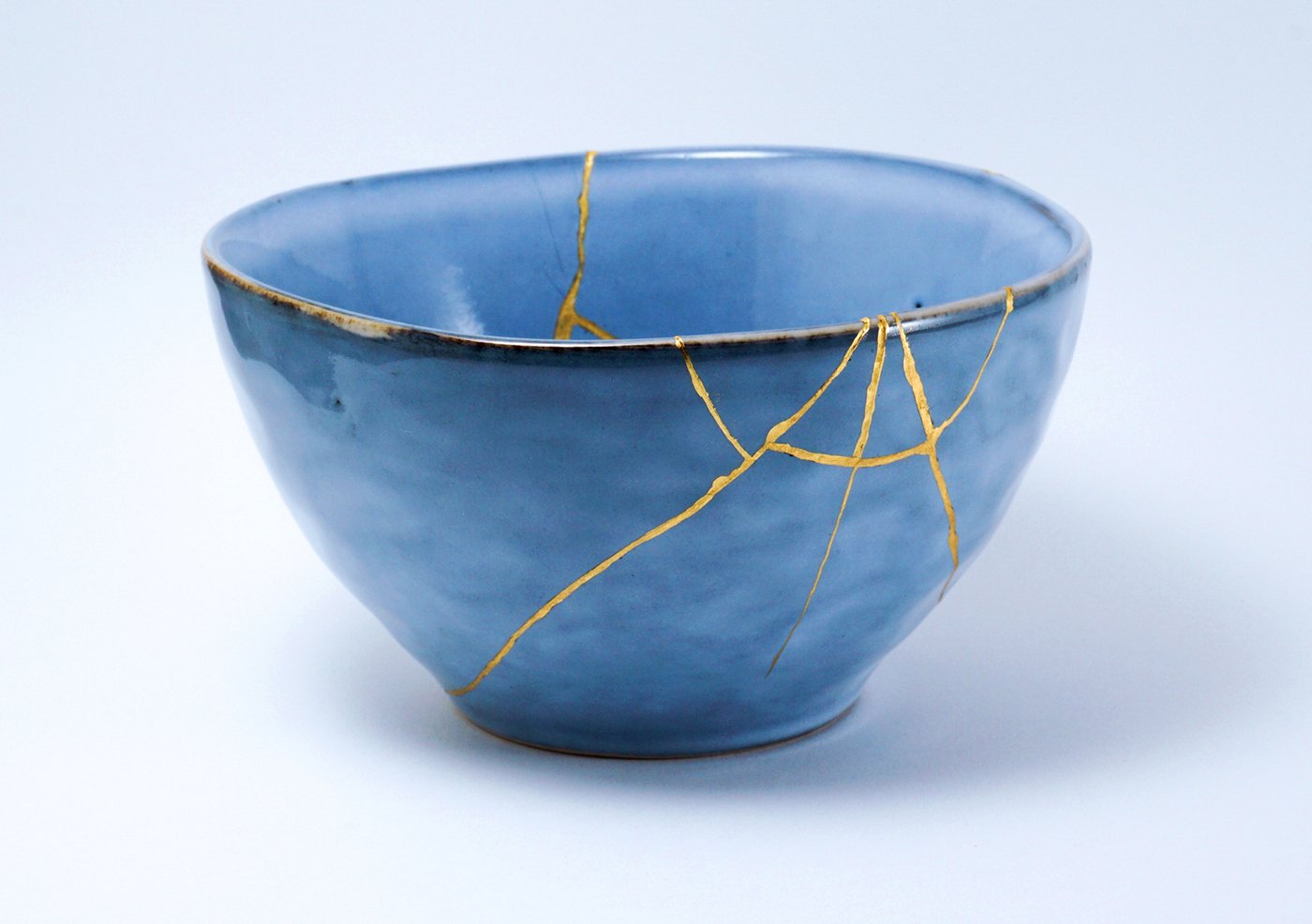
1-1 Therapy – your thinking space

Our bodies are designed to bear the burden of short-term stress, not the complexity of modern living.
It is no wonder we find it difficult to reset and cope when life gets out of balance and we get caught up in vicious cycles of behaviour.
It takes energy both to keep a lid on painful feelings, as well as restoring a healthy equilibrium.
Robust digestion is critical to optimal health because metabolic energy affects mental health. Just as our food needs to be broken down and processed through our body, so do our emotions. This means stressful life events, left undigested, can literally overwhelm our coping mechanisms, making us feel ill and creating pain.
We may experience panic attacks, anxiety, irritability and depression, as well as an array of physical symptoms. We can feel emotionally disconnected: cut off, empty and alone. Lack of reflective time and not wanting to burden others can often keep us stuck in behavioural loops that create negative impacts on our relationships, career and health.

“We shall not cease from exploration. And the end of all our exploring. Will be to arrive where we started. And know the place for the first time.”
Therapy can help you
Therapy can help you join the dots and make connections so that life begins to make more sense. Rather than being reactive to situations and people (fuelling anxiety, stress and tension), you gain agency through greater self-awareness. Life may appear to be the same but you are different: it is like seeing with new eyes. Changes can be subtle as you get to know and befriend your internal landscape.
Over time, your neurology builds new pathways so you can more easily respond from a place of congruence, listening to the wisdom of your body. This can be empowering as you learn how to cherish the more vulnerable sides of yourself while standing in your own power. You get to discover and be more of your best self, less critical and more kind, both to yourself and others.
Kintsugi ('golden joinery'), also known as kintsukuroi ('golden repair'), is the Japanese art of repairing broken pottery by mending the areas of breakage with lacquer dusted or mixed with powdered gold, silver, or platinum

“The real voyage of discovery consists not in seeking new landscapes, but in having new eyes.”
How we can work together
I begin by checking that we fit well in terms of working together. A good way forward is an initial meeting so we can think together about what’s brought you here now and the possible pathway ahead. This is an ideal opportunity to find out a little about each other and to answer any questions. If I cannot help, I will tell you and do my best to direct you to someone who can.
My preference is not to rush in deep at the beginning because it is important to build a solid foundation upon which mutual trust can grow. It may be that we only need to do short term work. Therapy sometimes starts with greater urgency as there may be a need to stabilise from shock, trauma and overwhelm. I can offer steadfast support, a breathing space in which you can feel resourced and regulated, better able to cope with ongoing challenging and complex situations.
Neuroscience models underpin all my work. I will share these with you to help inform your thinking and provide roadmaps for the journey together.

“The moment you change your perception is the moment you rewrite the chemistry of your body”
Getting started
Contact me by clicking the button below or phoning me. I am not always available to take calls but I will respond quickly. Please let me know whether you would like a face-to-face or online appointment.
Sessions are confidential, GDPR compliant and in line with the ethical frameworks of my professional bodies.

Fees
Self funding, sliding scale of £85-£100 per 50 minute session.
Cancellations of less than one week will be charged.
I am a registered private provider for AXA Health, Aviva, Vitality Health, Aetna Global Benefits and Cigna.



